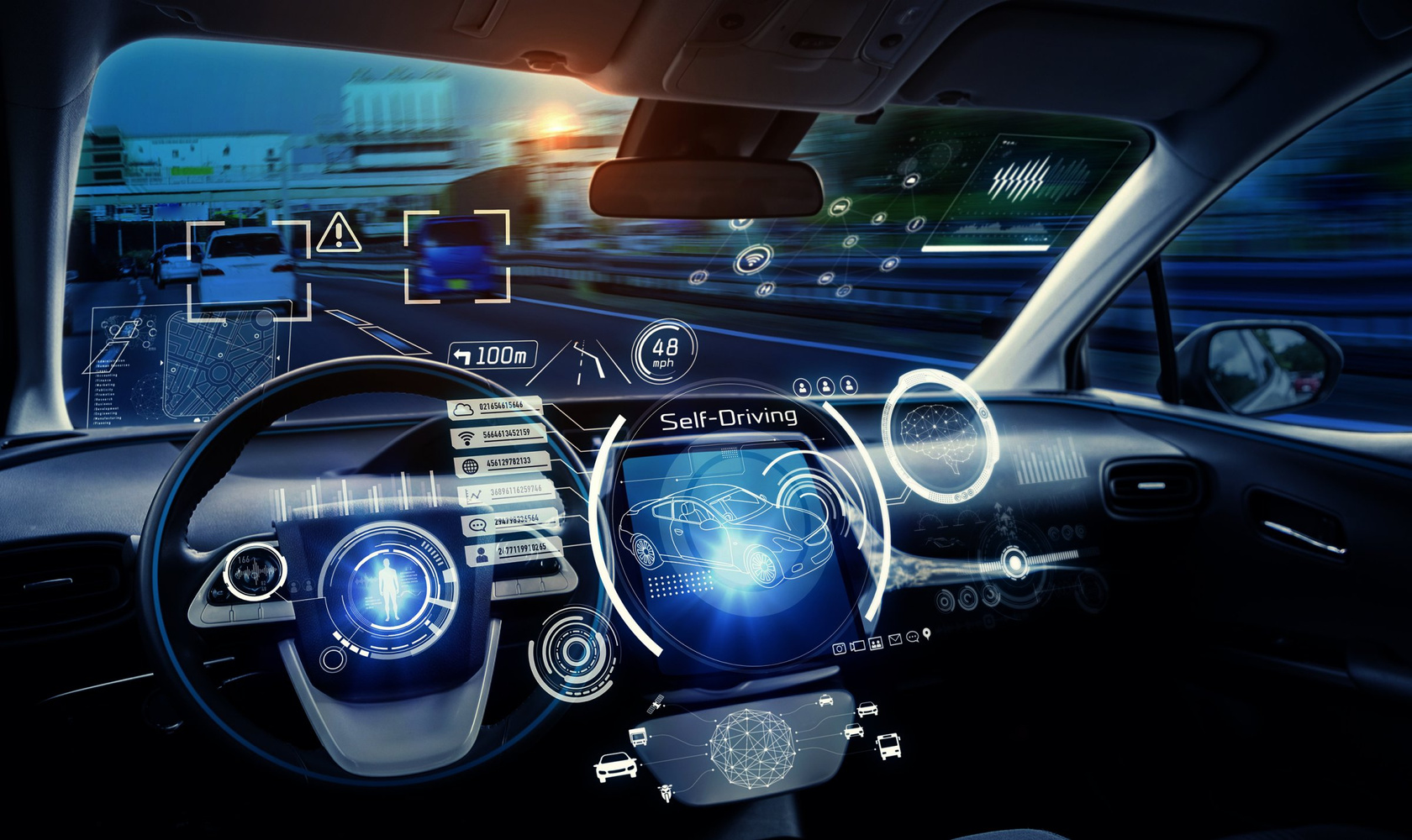
Centre for Automotive Electronics
The Passion
The Drive
The Focus on Future Mobility
Courses Offered | Facilities | Collaborators | Faculty | Research | Events | Awards | Contact
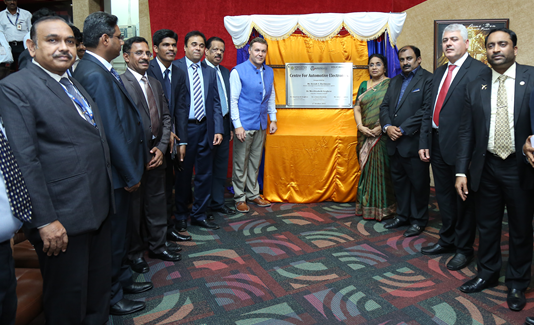
About
The Centre for Automotive Electronics (CAE) is established under School of Mechanical Science at Hindustan University with the objective of augmentation of research in current trends in automotive electronics to inculcate a research culture among the students and faculty of the university. Also, CAE offers Advanced Skill Development Programs on Autotronics in Collaboration with Volkswagen Group sale India Pvt. Ltd. to enrich the knowledge in the field of Automotive Electronics and Address the industry demands. This Centre was inaugurated by Dr. Berndt A. Buchmann, Director, Volkswagen Group after sales and Vehicle Logistics and Dr. Elizabeth Verghese, Chancellor, Hindustan University. In the presence of Dr. Anand Jacob Verghes Pro-Chancellor, Mr. Ashok Verghese, Dr. S. Ramachandran, Vice Chancellor, Hindustan University on 03 October 2015.
Courses
Offered
Advanced Diploma programs in Autotronics
This program focuses in imparting hands on training in the field of automotive systems and automotive electronics. This course consists of the following four modules.
- Fundamental of Automotive system
- Mechanical system
- Electrical and Electronics
- Vehicle Networks & System integration
Duration of course: 1 Year
Course Fee: Rs. 1,25,000 / Student
Eligibility Criteria: Candidate who have passed - Diploma or Degree in Mechanical / Automobile / Electronics/Instrumentation / Electrical Engineering or in allied branches are eligible for admission to this course.
Short Term Joint Certificate Programs on Automotive Aftermarket Technology
This Bosch - HITS joint Training Centre has established to Prepare students for industry-oriented learning through Bosch automotive training programs with assessment. This JTC Helps to bridge the gap between Industry & Institution on expected skill level
Eligibility Criteria: Open to all
Vehicle Diagnostics | 2 Days | 2500.00 |
Vehicle Air-condition Systems | 2 Days | 2500.00 |
Automotive Electrical | 2 Days | 2500.00 |
Automotive Battery | 1 Day | 1500.00 |
Courses
Offered
Certificate Short Term Courses
The centre offering following Certificate Short term courses for engineering students and industry person.
- Vehicle Powertrain systems & OBD
- Vehicle Electrical system & OBD
- Vehicle Electronic System & OBD
Course Duration: 100 Hrs. (30Hrs Lecture +70 Hrs. Practical)/ Two Weeks
Time: 4:30 pm – 6:30 pm (working days) & 9:30 am to 1.00 pm (Saturdays)
Course Fee: Rs. 15,000/ Module (HITS Students)
Rs. 17,500/ Module (Industry Person & other college students)
Commencement of Course: Second Week of September 2016
Eligibility Criteria for Students:
3 & 4 th year students of B.E/B.Tech Auto/ Mech/EIE/ECE/EEE
3rd year students of Diploma in Auto/Mech/EIE/ECE/EEE
Facilities
This Centre is aimed to fully grasp the fundamental key technology such as sensor, actuators, integrated circuits and core technology such as embedded real time operating system and its standard architecture. The centre is offering following laboratory facilities to researcher and trainers.
- International standard laboratory equipment
- Hands on training on VW-Vehicle Jetta
- More than 500 self-study materials
- 50 Computer based video lecture
- Trained Trainer by Volkswagen Group Academy
- Air-conditioned class room with ICT facility
- Worksheet based training
- Certificate from Volkswagen’s authorized training Centre
Facilities
VAS6150C Diagnosis System
VAS6356 Test Instrument Box
ECUTest Box
Electronics Work bench
Power steering & ABS
Training Vehicle-VW Jetta
VAS6415 A/C Service
VW-Engine & Transmission
Wheel Balancer& Alignment
Training Vehicle-Ford Ecosport
Special Tools and Equipment's
AEE Test Bench
Diagnostic KTS590
Battery Tester
Battery load tester
Battery Charger
Starter
Alternator
Collaborators
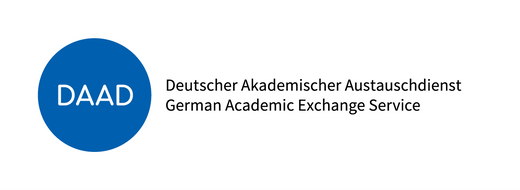
DAAD German Academic Exchange Service
“A New Passage to India-German – Indian Higher Education Co-operation 2019-2023”
Project Description
Vehicle Safety
In view of the numerous road fatalities, it is urgently necessary to make the means of transport in India safer. Since the majority of passenger transport vehicles (buses and cars) for the Indian market are developed and manufactured in India, engineers need to be trained to make them aware of vehicle safety and efficient lightweight construction.
The aim of this subproject was defined as that the Indian students, together with the German students, should learn the modern methods of structure development and vehicle production.
Name of the Projects | German – Indian R&D Study on Innovative Concepts for Traffic Infrastructure, Driver Assistance and Vehicle Safety |
Project ID | 57473954 |
Total Numbers of Projects | 3 Projects (Traffic Infrastructure, Driver Assistance and Vehicle Safety) |
Duration of the Projects | 4 Years (01.03. 2019 to 28.02.2023) |
Name of Indian University | Hindustan Institute of Technology & Science (HITS), Chennai |
Name of German University | Trier University of Applied Science (TUAS), Germany |
DAAD Grand funding | 493.890,42 Euro (Rs 3,82,10,431.52) |
Date of Approval | 25.04.2019 by |
Type of Support from DAAD | Travel, Accommodation and Scholarship |
PI from TUAS | Prof. Dr. Peter Koenig |
CI from TUAS | Prof. Dr. Karl Hofmann-von-kap-herr |
PI from HITS | Dr. M. Jaikumar |
CI from HITS | Mr. T. Shanmuganathan |
Collaborators
Since vehicle safety is a central research area at the Trier University of Applied Sciences (a crash track, crash test dummies, high-speed cameras, a drop tower and all relevant software packages are available at the Institute of Automotive Engineering), numerous individual actions have been identified in the preliminary discussions with the Indian university on this topic in which cooperation with Indian scientists and students would make sense.
At the specific request of the Indian colleagues, it is planned to send Indian students to the university in Trier to learn crash development using finite element models. The University of Trier provides the necessary CAE software such as LS-Dyna, Hyperworks and Madymo and has the largest number of CATIA CAD licenses outside the industry in Germany, so that vehicle structures and occupant restraint systems can be mapped and optimized with regard to occupant protection, energy absorption and lightweight construction in lectures and exercises today. The Indian students are to take part in these events and test the methodology under guidance using simple simulation models.
Driver Assistance
An approach to understand the driver behavior using smartphone sensors. The aim for analyzing the sensory data acquired using a smartphone is to design a car-independent system which does not need vehicle mounted sensors measuring turn rates, gas consumption or tire pressure. The sensory data utilized in this paper includes the accelerometer, gyroscope and the magnetometer. Using these sensors, we obtain position, speed, acceleration, deceleration and deflection angle sensory information and estimate commuting safety by statistically analyzing driver behavior. In contrast to state of the art, this work uses no external sensors, resulting in a cost efficient, simplistic and user-friendly system.
Within the framework of this subproject, a crash algorithm adapted to the road quality and traffic conditions in India is to be developed based on the algorithms predeveloped by German students for European roads. To this end, students will carry out driving tests in India and Germany in the context of excursions in order to record driving data. These will then be evaluated by the teams using an algorithm (to be programmed in Matlab) and further developments can be carried out jointly.
Collaborators
The further development of the crash algorithm to a driving style recognition took place in parallel within the scope of final theses and research projects, so that the driver can get a constant feedback to his driving style (aggressive speeding, strong braking, too high speeds). Studies with prototypes in England have shown that young drivers in particular (who generally tend to attract attention due to a high accident frequency) are in favour of this feedback, take it into account and are demonstrably responsible for fewer accidents.
This mobile phone based (iOS and Android programming) driving style algorithm will also be further developed by international student teams and adapted to the Indian market so that young drivers in India and Europe can benefit from the innovative solution.
Safe Transport infrastructure
Since the 1980s, new road safety concepts have been developed in Europe under various names (Vision Zero, Sustainable Safety etc.) and implemented particularly in Sweden, the Netherlands and England.
In Germany, Vision Zero is represented by the German Road Safety Council (DVR), in which Prof. König is actively involved. Therefore, the students of the Trier University of Applied Sciences are also familiar with these strategies and approaches in the fields of technology (vehicle technology) and BLV (civil engineering). Together with the students in India and Germany, it is now to be examined whether and how these concepts need to be modified in order to be able to show effect under the difficult conditions in India with a disorderly traffic flow and a close mixture of unequal traffic partners.
Each year, international teams of 4 students from Chennai and Trier will be formed, which will get to know the specific requirements of the transport infrastructure in Chennai and will be introduced to the different transport concepts of the 5 European countries D, NL, B, F, Lux indise a radius of 150 km from Trier within the framework of an excursion under scientific guidance in Europe.
Collaborators
Building on this, the team members will examine the transferability of the concepts for India with integration into the corresponding courses and with regular coordination in the entire team and considering the technical feasibility (construction planning, construction engineering, traffic flow investigations, traffic control systems), develop application-related new concepts.
The aim is to consolidate knowledge and social responsibility among the students, and to use concrete measures in the transport infrastructure to reduce the number of road deaths even in the case of massive multimodal transport, which according to the Indian colleagues, would mean significant added value on the Indian labour market. The German students can directly derive knowledge which modifications to the European infrastructure are necessary in order to be prepared for the vision of multimodal transport that we also have (interplay of bus, small car, e-bike, e-scooters, car-sharing...), which would also mean an outstanding and forward-looking additional qualification.
The continuation of these topics within the framework of joint theses and doctorates is intended, the admission of German university graduates to the PhD program of Hindustan University will be examined.
Collaborators
Consultancy Project to Krux Studio
Project Title
Experimental Investigation on IoT/ Smartphone enabled Diver Posture Monitoring Embedded System as accessories.
Grand funding Rs 1,80,000
Investigators : Dr. M. Jaikumar, Professor & Head Dr. T. Shanmuganathan, Assistant Professor
Project Scope
• To design accessories with an embedded monitoring system that measures the comfortable sitting posture of a driver to add value to the driver’s lifestyle.
• To develop a low coast embedded monitoring system with IoT and Smartphone compatibility
• Driver's health issues are to be eliminated by measuring the comfortable and optimal sitting posture of the driver and enhancing the driving efficiency.
• Road safety is improved by enhancing drive efficiency and eliminating driver discomfort
Consultancy Project to Krux Studio Project Title Experimental Investigation on IoT/ Smartphone enabled Diver Posture Monitoring Embedded System as accessories. Grand funding Rs 1,80,000 Investigators : Dr. M. Jaikumar, Professor & Head Dr. T. Shanmuganathan, Assistant Professor Project Scope • To design accessories with an embedded monitoring system that measures the comfortable sitting posture of a driver to add value to the driver’s lifestyle. • To develop a low coast embedded monitoring system with IoT and Smartphone compatibility • Driver's health issues are to be eliminated by measuring the comfortable and optimal sitting posture of the driver and enhancing the driving efficiency. • Road safety is improved by enhancing drive efficiency and eliminating driver discomfort.
MoU’s
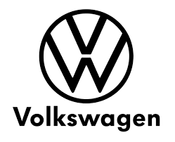
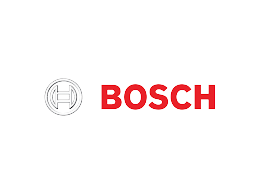
Center for automotive electronics, Hindustan Institute of Technology & Science and Volkswagen Group Sales India Pvt. Ltd. has signed MoU to offer one-year Advanced Diploma programs in Autotronics on 14.09.2014. This program focuses in imparting hands on training in the field of automotive systems and automotive electronics.
Center for automotive electronics, Hindustan Institute of Technology & Science Bosch India Pvt. Ltd. has signed MoU to offer Short Term Course on Automotive Electronics, Battery Technology and Vehicle Diagnosis on 25-oct-2017. This program focuses in imparting hands on training in the field of automotive systems and automotive electronics.
Faculty
Dr. M. Jaikumar
Head, Department of Automobile Engineering,
Specialization: IC Engine, ASA
Dr. T. Shanmuganathan
Head Incharge , Centre for Automotive Electronics
Specialization: VLSI & Automotive Electronics
Events
2 nd Graduation Ceremony -Advanced Diploma in Autotronics (Full Time & Part Time)on 14 th December 2018 @ Good shepherd hall, HITS.
First Batch Graduation 2015-16 – Advanced Diploma in Autotronics -21-oct-2016
Events
3 Days FDP on Automotive Electronics and Diagnosis on 12th – 14th July 2017
· 3 Days Auto Doctor – know your vehicle health campaign on 6th - 8th December 2017
Dr. T. Shanmuganathan
Head In-charge,
Centre for Automotive Electronics,
Hindustan Institute of Technology & Science
No 1, Rajiv Gandhi Salai, Padur, Chennai
Email: tshanmugan@hindustanuniv.ac.in
Phone: 9894111178, 044-27474262- Ext- 289
Head Office:
40, GST Road, St. Thomas Mount, Chennai - 600016. Ph.: 91-44-22342508/22341389, Fax - 91-44-22342170 - 22333848. Web - www.hindustanuniv.ac.in